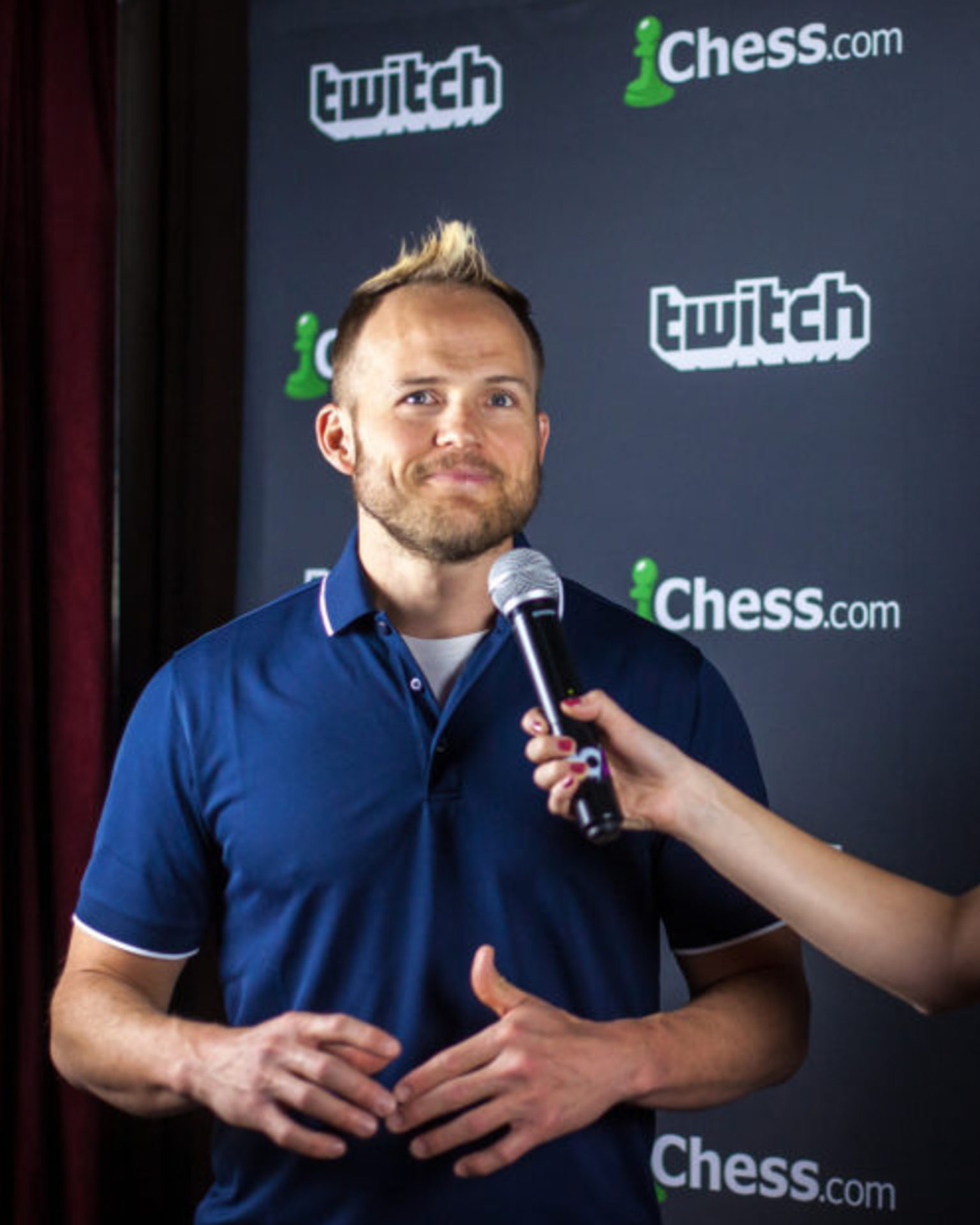Entrepreneur Case Studies
Bootstrapping an Artificial Intelligence Startup with Services: Nitesh Chawla, Founder, Aunalytics (Part 2)
Sramana Mitra: What you’re describing is the journey of a lot of techies into entrepreneurship as well. It’s not about technology looking for a problem to solve. It’s about identifying the problem and then figuring out how to solve that problem using technology. In AI, this is a major issue.
Nitesh Chawla: It truly is.
Sramana Mitra: This is why domain knowledge is important. It’s very difficult for AI experts to come up with a problem to solve. They know the technology side of it. They don’t really know what the problems are. We’re seeing this massive interest in the AI segment now for people who have domain expertise.
>>>Solo Student Entrepreneur to Over $50M Revenue: Chess.com CEO Erik Allebest (Part 1)

Solo entrepreneurs get a bad rap, but they’re kicking ass out there!
Sramana Mitra: Let’s start at the very beginning of your journey. Where are you from? Where were you born, raised, and in what kind of background?
Erik Allebest: I was born in Southern California. I was born to an entrepreneurial family. My dad was an entrepreneur. My mom had many varied interests. She gets credit for teaching me how to play chess at eight. I’m too young to remember the story, but she taught me how the pieces moved. We proceeded to play one game of chess together and she never played with me again. That’s the lore she likes to tell.
>>>Bootstrapping an Artificial Intelligence Startup with Services: Nitesh Chawla, Founder, Aunalytics (Part 1)

Nitesh bootstrapped Aunalytics while keeping his academic job at Notre Dame.
Sramana Mitra: Let’s start at the very beginning of your story. Where are you from? Where you born, raised, and in what kind of background?
>>>Bootstrapping to Exit, Then do a VC-Funded Venture: Cordial CEO Jeremy Swift (Part 6)
Sramana Mitra: Once you had the Series A, what was the next major inflection point? What strategic moves did you make to get to that?
Jeremy Swift: I would say it was about just further refinement of what our ICP was and figuring out go-to-market too. That was a hard thing to navigate. It took us years to figure out. Just because you raise venture capital, it doesn’t immediately change those things for you. There’s still a lot of hard work.
>>>Bootstrapping to Exit, Then do a VC-Funded Venture: Cordial CEO Jeremy Swift (Part 5)
Sramana Mitra: How did you get your first customer?
Jeremy Swift: By scratching, clawing, begging, and pleading. We had a pretty great wealth of relationships.
Sramana Mitra: That was my question. Did you go back to those relationships? When you have domain experience, you also have relationships in a category. It’s easier to sell into a category when you have those relationships.
>>>Bootstrapping to Exit, Then do a VC-Funded Venture: Cordial CEO Jeremy Swift (Part 4)
Sramana Mitra: I was recently talking to the founder of HubSpot. His observation when they started was that people were trying to do inbound marketing by starting blogs and then tying together some level of CRM. He said that nobody had an integrated solution, so he chose to build one.
None of the categories that constituted this integrated system were number one. They were number four or five, but they were the only ones that had an integrated system. What approach did you take in designing and determining what product to go to market with?
>>>6 Udemy Courses on How To Build a Startup for an Early Exit

I’m a big advocate for building small, capital-efficient startups. Not all entrepreneurs need to chase Unicorns. Not all investors need to chase Unicorns. There are many more viable ideas for those smaller ventures and there are considerably more opportunities for their exits, which means cashing in earlier on your hard work.
>>>Bootstrapping to Exit, Then do a VC-Funded Venture: Cordial CEO Jeremy Swift (Part 3)
Sramana Mitra: You were getting ready to start something else, but you wanted to develop some sales chops. Where did you do that?
Jeremy Swift: I actually told this mentor that he’s crazy. I spent the next year or two warring against that. I finally came back around and this mentor said, “You got to do it.” I jumped in. I ended up leading the worldwide enterprise sales organization for a number of years specifically on our unit around email marketing and digital marketing platforms there.
>>>